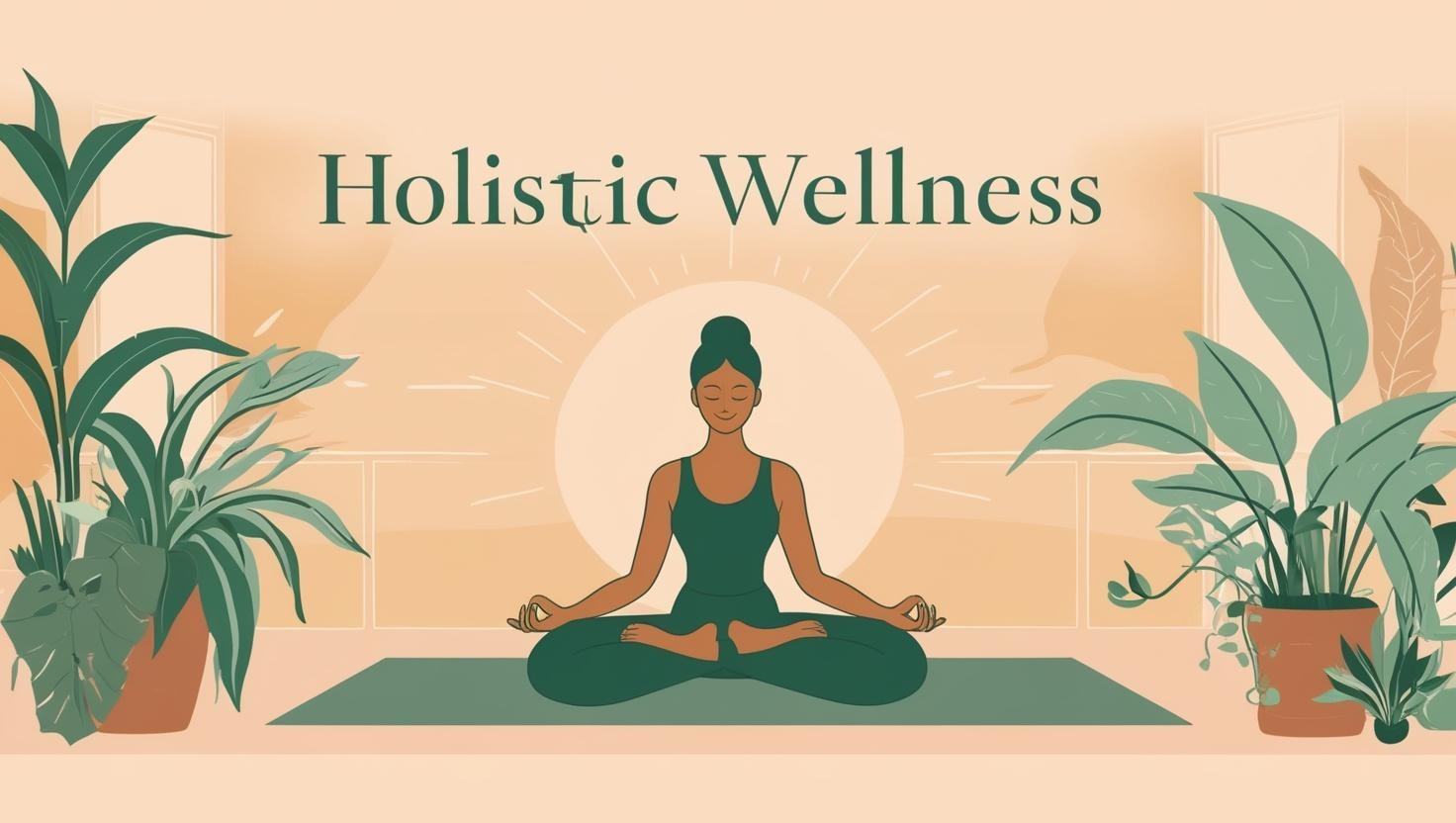
The Stress Epidemic – Why Managing Stress Is the Missing Piece in Modern Wellness
Executive Summary
Chronic stress is no longer an occasional concern, it’s a full-blown public health crisis. According to the American Institute of Stress, 77% of people regularly experience physical symptoms caused by stress, and over 33% report feeling extreme stress on a regular basis.
Yet, most wellness solutions focus only on surface-level fixes: nutrition, exercise, and sleep, while ignoring the underlying tension that sabotages progress.
This white paper explores the science behind chronic stress, its overlooked impact on health, and how integrative, holistic strategies are the key to creating lasting wellness.
1. Understanding Stress: The Hidden Disruptor
Stress is a biological response meant to protect us. But in today’s world, we’re not running from predators, we’re juggling deadlines, finances, family demands, and constant digital stimulation.
Chronic Stress = Chronic Inflammation
Research shows that prolonged stress contributes to inflammation in the body, weakening the immune system and increasing the risk of:
-
Anxiety and depression
-
Heart disease
-
Digestive disorders
-
Hormonal imbalances
-
Autoimmune flare-ups
Despite its wide-reaching effects, stress often goes untreated, leading people to blame other factors like poor diet or lack of willpower, when their wellness efforts stall.
2. The Limitations of Traditional Wellness Advice
Modern wellness culture often overlooks stress in favour of quick wins:
“Just eat better.” “Get more sleep.” “Try intermittent fasting.”
But without addressing stress, these strategies can backfire. For example:
-
A highly restrictive diet may increase cortisol levels.
-
High-intensity exercise, done in a stressed-out state, may exhaust the adrenals.
-
Sleep hygiene won’t help if your nervous system is stuck in fight-or-flight.
This is where a nervous-system-first approach can make all the difference.
3. A New Approach: Supporting the Body and the Mind
We believe the future of wellness is integrative and stress-aware.
Our protocols focus on:
-
Adaptogenic support (e.g. ashwagandha, rhodiola)
-
Breathwork and mindfulness tools
-
Gentle movement and nervous system regulation
-
Whole-food nutrition that nourishes without restriction
This isn’t just self-care. It’s science-based, root-cause wellness.
4. Results That Speak for Themselves
Clients who integrate stress-reduction into their wellness routines report:
-
65% improvement in energy levels
-
58% fewer digestive issues
-
70% reduction in feelings of overwhelm
-
Better sleep, mood, and resilience in just 6–8 weeks
Real wellness isn’t about doing more. It’s about doing what works with your biology, not against it.
Time to Rethink Wellness
The stress epidemic isn’t going away, but how we respond to it can change.
By integrating stress management into daily wellness, we can help people not only feel better, but truly heal.
Ready to support your audience in a more meaningful way?
Partner with us and bring holistic, stress-aware wellness solutions to your clients, customers, or community.
Post a comment